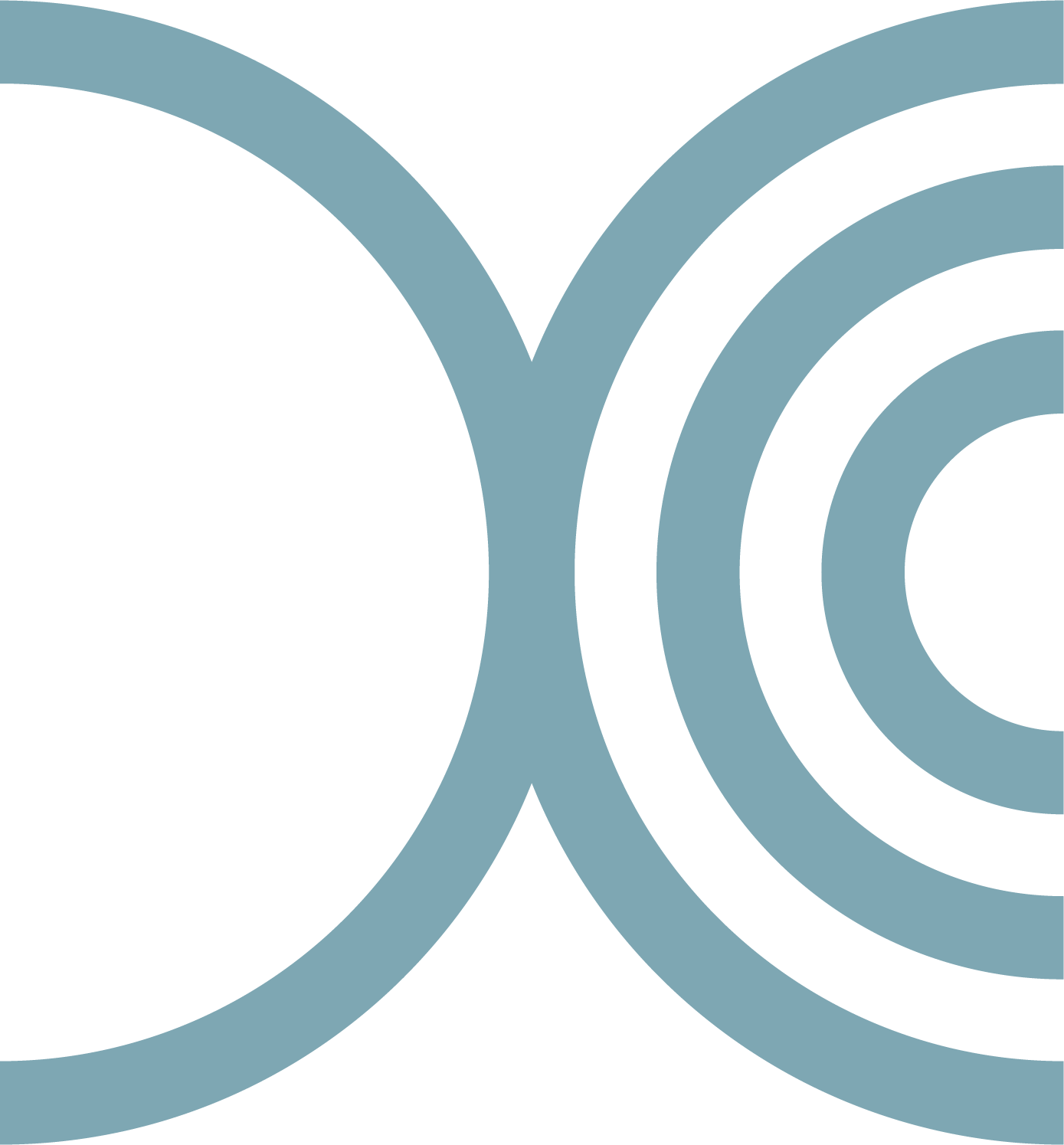06.07.2025
Initiated in October 2023 with support from DCCC, the SEPLINE network aims to establish a national framework for measuring and analysing inequality across cancer types. The network has now published a guideline focused on social inequality in cancer research.
’SEPLINE was initiated in response to substantial variation in how inequality in cancer care is measured and analysed, which limits the comparability and utility of existing knowledge, ’ say the network's founders, Maja Halgren Olsen (Postdoc, Danish Cancer Society Research Center) and Cathrine F. Hjorth (Postdoc, Department of Clinical Epidemiology, Aarhus University). ’These inconsistencies increase the risk of misinterpretation and may undermine the design of interventions intended to reduce inequality. Furthermore, researchers often face unnecessary barriers in accessing and interpreting the complex data sources typically involved in this type of research. SEPLINE seeks to streamline this process.’
Knowledge sharing and development of a national guideline
With the establishment of a national and interdisciplinary network, the initiators aimed not only to promote consensus on which indicators of inequality to apply and how to analyse them, but also to gather insights into the challenges and pitfalls associated with different data sources. The aim is to enhance the capacity of researchers to make informed decisions when designing studies. A more coherent approach and stronger knowledge base will lead to more valid research, ultimately benefitting cancer patients.
The initiative hosted two workshops in March 2023 and September 2024, focusing on how socioeconomic position can be measured and how inequality in cancer pathways can be analysed,. Participants from research institutions, universities, Statistics Denmark, and other key organisations shared knowledge and experience while developing concrete recommendations. These have since been compiled into a national guideline outlining how to quantify inequality in cancer care and highlighting common pitfalls. The guideline has just been published in Clinical Epidemiology.
High expectations for future research on inequality in cancer care
’We expect that this national and interdisciplinary network, together with the development of the guideline, will provide an important foundation for strengthening research efforts aimed at reducing social inequality across cancer prevention, treatment and rehabilitation,’ says Cathrine F. Hjorth. Maja Halgren Olsen adds: ’We also hope the guideline will facilitate the inclusion of socioeconomic factors in both research and implementation, making social differences in uptake and outcomes more transparent and actionable’.
Cathrine F. Hjorth and Maja Halgren Olsen express their appreciation to DCCC, and to the 40 researchers and consultants who contributed to the national and interdisciplinary network and participated in the review process: ’It has been a fantastic experience to see such strong engagement and interest in improving research in this area across institutions in Denmark. We strongly encourage others who face similar challenges to consider initiating a project like this. It has been highly instructive and has resulted in a very useful guideline. ’
This autumn, SEPLINE will form the basis for a new PhD course at the AU Graduate School of Health: Link
About the initiative’s founders
Maja Halgren Olsen, Postdoc, MSc, PhD
Life After Cancer, Danish Cancer Society Research Center.
E-mail: majols@cancer.dk
Cathrine Fonnesbech Hjorth, Postdoc, MSc, PhD
Department of Clinical Epidemiology, Department of Clinical Medicine, Aarhus University Hospital, Aarhus University.
E-mail: cfh@clin.au.dk
Deirdre Cronin Fenton, Professor, BSc, PhD
Department of Clinical Epidemiology, Department of Clinical Medicine, Aarhus University Hospital, Aarhus University
Susanne Oksbjerg Dalton, Professor, MD, PhD
Head of the Danish Research Centre for Equality in Cancer (COMPAS)
Department of Oncology and Palliative Care, Zealand University Hospital & Department of Clinical Medicine, Faculty of Health and Medical Sciences, University of Copenhagen
Group leader, Life After Cancer, Danish Cancer Society Research Center
The SEPLINE initiative is anchored in the national research centre COMPAS (www.compas.dk), which works to reduce social inequality in cancer care in Denmark, and in the DCCC network ObeCaRe (www.obecare.dk).
